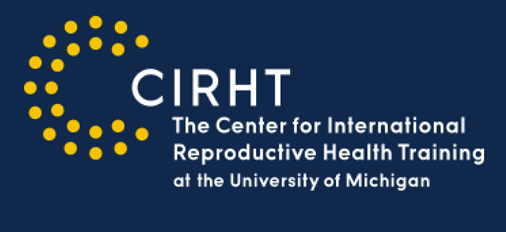Speaker
Description
Background: Unintended pregnancy remains a major public health challenge and often leads to consequences such as unsafe abortions and dampening of career prospects for female students. Unintended pregnancy refers to conception that is unwanted and/or mistimed at the time it occurs. One scientific strategy to reduce unintended pregnancies among female university students is to expand access to safe and effective long-acting reversible contraceptive (LARC) methods, which include intrauterine devices (IUDs) and subdermal contraceptive implants. However, there is a lack of information about LARC awareness and acceptability among female students at the University of Zambia's School of Nursing Sciences. This study aimed at establishing the awareness and acceptability of LARC among female students at the University of Zambia, School of Nursing Sciences, in response to the evolving needs of this demographic.
Methods
This was a descriptive cross-sectional study conducted at the University of Zambia, School of Nursing Sciences, Kitwe Campus, among female students pursuing a diploma in nursing and a diploma in midwifery. Simple random sampling was used to recruit the participants. Data was collected from 1st November to 31st December 2024 using a self-administered questionnaire. The questionnaire had questions on sociodemographic characteristics, awareness and acceptability of LARC, and prior exposure to situations requiring making sexual and reproductive health decisions, such as being in a sexual relationship and use of any contraceptive method. Ethical clearance was obtained from the University of Zambia Biomedical Research Ethics, Authority was sought from the National Health Research Authority. Participants signed informed consent forms and were assured of privacy, anonymity, and confidentiality. Descriptive analysis was done to summarize data and generate frequencies.
Results
Data was collected from 208 participants, giving a 100% response rate. Most (52%) of the participants were aged between 21 and 25 years old. The majority (74%) were pursuing a diploma in nursing, and most (63%) of the participants were in a sexual relationship. More than half (67.7%) had used contraceptives before. The most used contraceptive methods were oral (23.8%) and injectables (25.5%), while the least used were implants (17%).
The majority (80%) of the participants were aware of LARC. Healthcare providers (95.1%) were the most cited source of information. Most (69%) of the participants said LARC was an acceptable contraception method. Concerns about myths, side effects, and stigma from the health care providers and society were the most barriers to LARC acceptability at 89.9% and 81.2%, respectively.
Conclusion
While awareness about LARC was high and a significant proportion of participants viewed LARC as acceptable, concerns about myths, side effects, and stigma from healthcare providers and society were significant barriers to its adoption. To address these concerns and promote LARC, targeted education and awareness efforts are necessary. Additionally, healthcare provider training should focus on providing accurate information, addressing biases, and supporting LARC acceptability.


